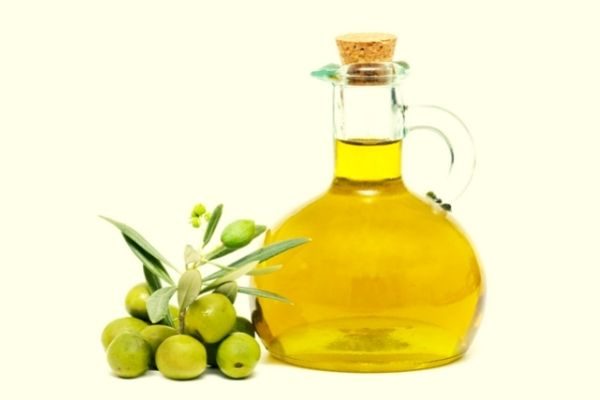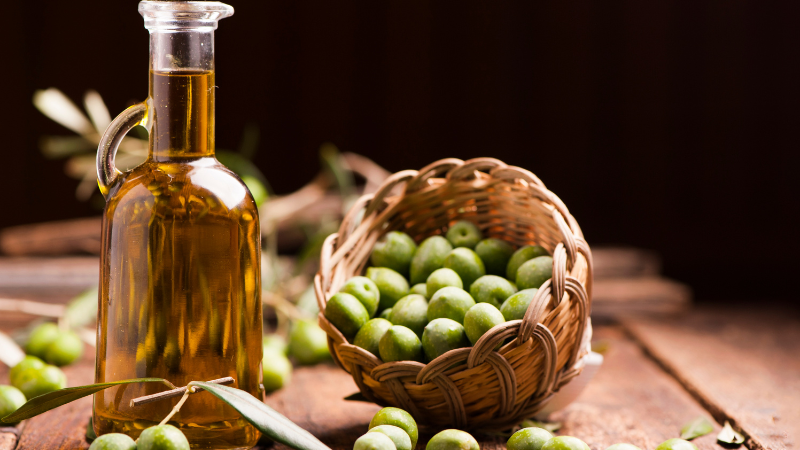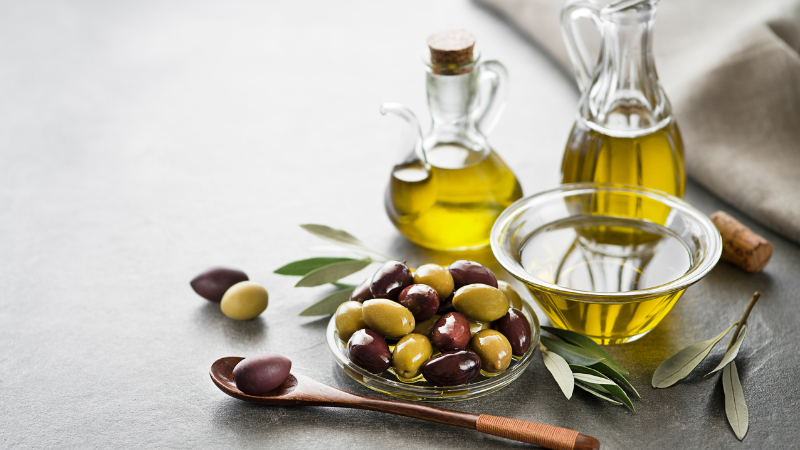Is Olive Oil Vegan? (What Makes it Vegan or Not?)
Oil is a crucial ingredient when it comes to preparing and cooking food and one of the most prominent types of oil is olive oil, due to its many health benefits.
With good reason, therefore, it is hard to escape olive oil.
Many people look to it as a vegan-friendly alternative to animal by-product fats like butter. However, is olive oil vegan?
While that may seem to be a straightforward question, the answer is anything but straightforward. In the following post, we are going to highlight the facts and arguments, so you can draw your conclusions.
The simple answer to the question is that as olive oil does not contain animal products, yes olive oil is in theory vegan-friendly.
Some vegans, however, avoid using it because of the impact olive oil production has on the environment. Just how much of a detrimental impact it has, is up for debate. Let’s discuss this further.
Can Vegans Have Olive Oil?
Some vegans will argue that no vegans in their right mind should use olive oil at all, whereas others will argue that it is fine.
As we are all entitled to eat and drink what we want, it is up to individuals to decide whether they want to have olive oil or not.
Before you make any rash decision about removing this amazing source of healthy fat, we’re going to highlight some of the reasons why vegans are against olive oil production and consumption.
Why Don’t Some Vegans Eat Olive Oil?
As noted above, some vegans choose not to purchase, use or eat olive oil in any of its forms due to the perceived environmental impact its production causes.
Is this as serious as it sounds? Let’s consider some of the facts.
Use and Erosion of Land
There is a lot of debate about this but some activists and concerned individuals argue that the majority of olive plantations in the world are not quite the idyllic settings with a local farmer growing a small number of trees and only producing a couple of hundred litres of olive oil every year.
In reality, many plantations cover larger areas, as much as hundreds of hectares in some cases that are full of olive trees.
In parts of the world like southern continental Europe and countries and islands in the Mediterranean Sea, where olives are grown, the quality of the soil is poor.
This means that in the interest of producing as many olives and subsequent olive oil as possible, other plants are removed.
There’s also the fact that the olive trees need to be spread out across a wider area to increase the chances of a good crop.
This spreading and cutting off other plants lead to faster erosion on land that is very dry.
That is, at least, what a lot of people believe.
High Use of Water
Olive trees by their very nature require a lot of water and as they tend to grow in places where there are regular deficits in rainfall, excessive volumes of water are needed to maintain the trees.
It has been calculated approximately 14,700-cubic-metres of water is needed to produce a ton of olive oil.
While olive oil production is not quite the worst when it comes to excessive water use (sesame oil and castor oil require even more water per ton produced), it is a lot more than other oils like linseed oil, peanut oil and coconut oil.
However, on a more positive note, there have been many studies conducted that show olive trees are great for the environment and compared to other plants and crops do not have a negative impact on animals and wildlife.
Summary
Likely, most of you that arrived at this page and read this post were looking for the answer to the question of “is olive oil vegan”. We hope we have shed some light on the subject.
While it is true that olive oils, whether it is extra virgin olive oil or another variety, are plant-based and in the most general terms, considered vegan, as you have read there is more to the debate than meets the eye.
What makes oils, “Vegan oils”, are very subjective and personal. What you choose to eat and what you don’t choose to eat is a personal decision that you can only make for yourself.
You need to weigh up the facts and also take into consideration the fact olive compared to other cooking oils, olive oil has less saturated fats and is considered healthier than say sunflower oil or vegetable oil.
One suggestion, if you want to keep using olive oil would be to use olive oil sparingly and to consider looking into more detail about the land, to see whether efforts are made to prevent olive oil produced there from having a lasting impact on the environment.



